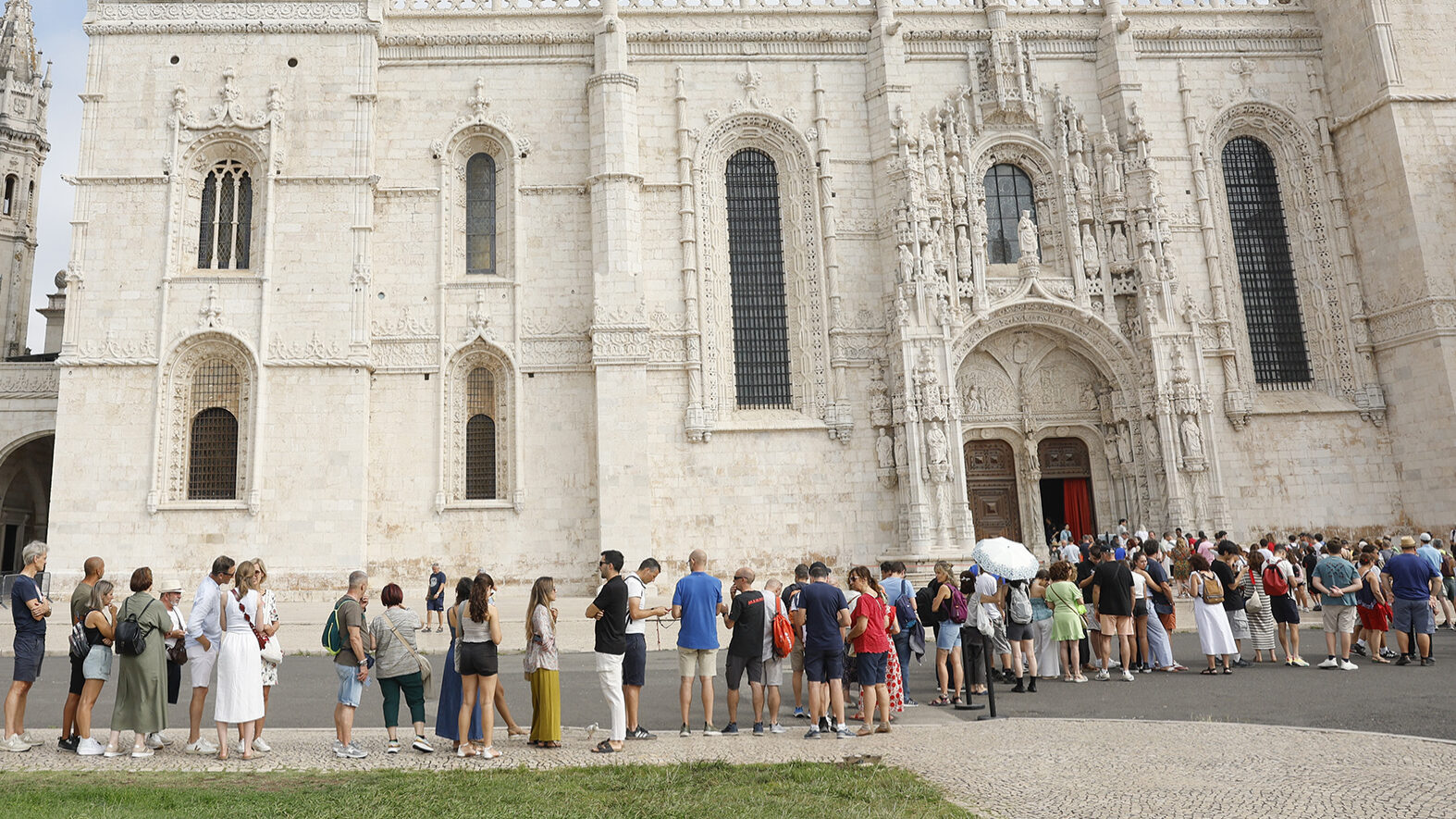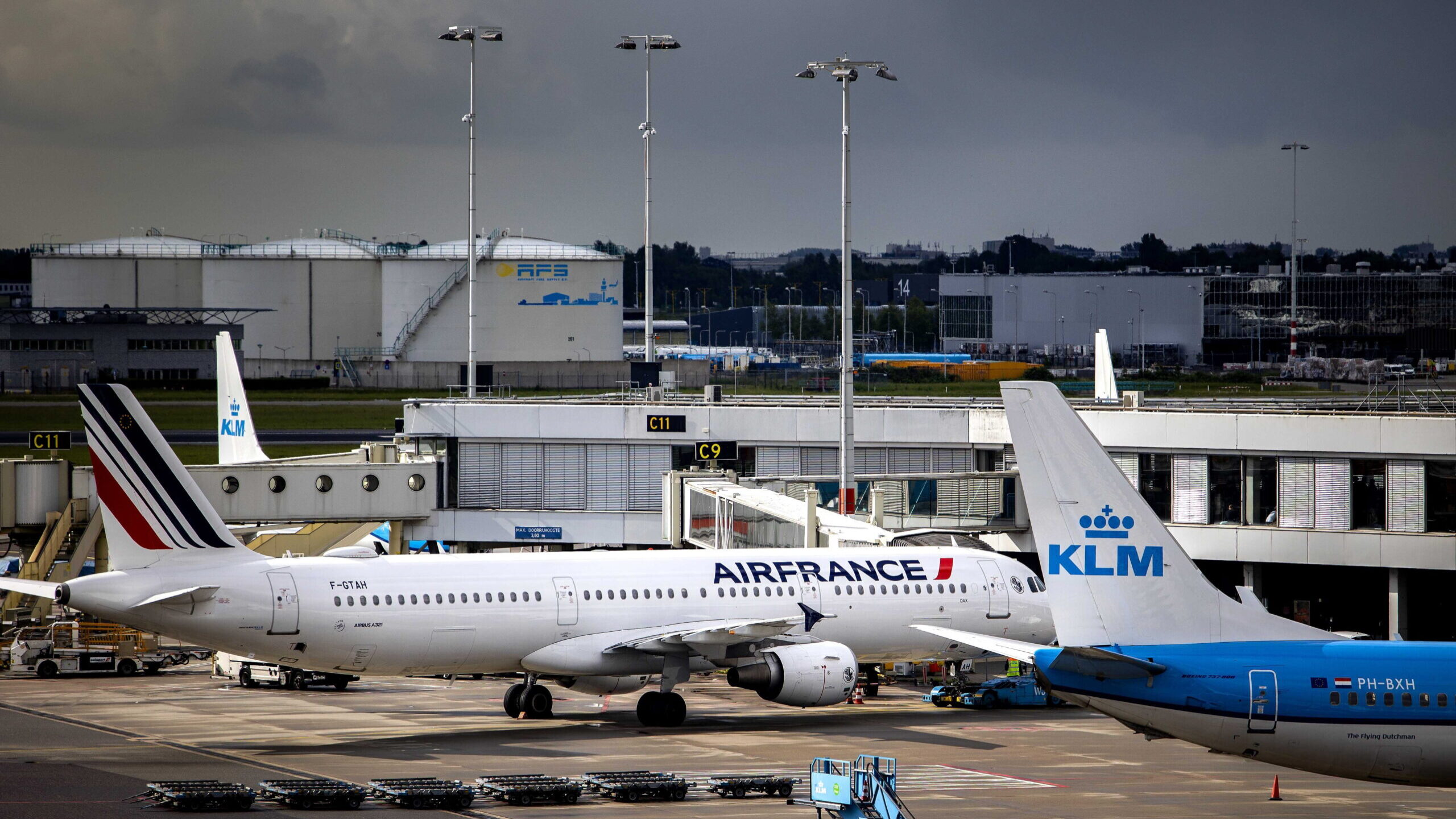What changes with the new version of the Foreigners Law?
In the new version, the two-year limit for family reunification is eliminated for spouses or civil partners, provided that there are minor or incapacitated children in the household.
The minimum period of two years to apply for family reunification with a spouse is waived when there are dependent minors or incapacitated persons, the deadline for deciding on an application is set at 90 days — this time, non-extendable — the criteria for renewing residence permits for reunification are tightened, and in the case of bilateral agreements, the conditions for the entry of immigrants may be more favourable. These are the main changes to the new version of the law on foreigners, approved on Tuesday by Parliament with the votes of the entire right wing (PSD, CDS, Chega and IL), abstention by the JPP and votes against by the left wing (PS, Livre, PCP, BE and PAN).
The text was the result of amendments proposed, for the most part, by the two parties that support the Government (PSD and CDS), but three changes presented by Chega and one by the PS were also approved. The bill still has to be promulgated by the President of the Republic, who may, if he so wishes, again request preventive review by the Constitutional Court.
So, what changes with the new version of the law on foreigners, after the Constitutional Court’s rejection?
Under the current wording, applications for residence permits for family reunification can be submitted by holders of valid residence permits for family members who are in Portugal or abroad. “There is no minimum period of dependency or cohabitation required, nor is there a requirement for there to be minor children in the household”, Emellin de Oliveira, coordinating lawyer at Paxlegal, explains to ECO.
The bill initially approved, but later vetoed by the President of the Republic after a ruling by the Constitutional Court, provided for significant restrictions: “The right to reunification would only be recognised for minor family members who had entered Portugal legally, provided that they cohabited with and were dependent on the resident; for family members residing outside the territory, the application could only be submitted after two years of legal residence of the main applicant in Portugal, upon proof of prior cohabitation or economic dependence.”
Holders of residence permits provided for in Articles 90 (teaching, highly skilled or cultural activity), 90-A (investment) and 121-A (EU Blue Card – which is a residence and work permit for highly qualified non-European citizens who wish to live and work in the European Union) of Law No. 23/2007 of 4 July, provided that the family members were legally resident in Portugal and living together and dependent on the applicant.
As the minimum period of two years for family reunification was declared unconstitutional, the parties supporting the Democratic Alliance (AD) government presented a new version of the bill with amendments. Thus, “the two-year limitation is eliminated for spouses or de facto partners, provided that there are minor children in the household”. “For other family members, a limitation remains, but reduced to one year”, and “holders of permits under Articles 90, 90-A and 121-A remain exempt from any residence period”, explains Emellin de Oliveira.
However, there is a nuance, introduced by a proposal from Chega, which stipulates a minimum period of 15 months of valid residence authorisation for the spouse or civil partner for reunification, provided that they have cohabited with the applicant for at least a year and a half outside the national territory. In other words, the couple must have lived together for 18 months (and not 12 as previously) for the family reunification application to be accepted, if there are no minors or incapacitated persons in the family. Under the new law, marriages that allow for reunification must be effective, valid and recognised under Portuguese law, i.e. they must not be forced, involve minors or be polygamous.
There is also a clause that prevents family reunification in the case of spouses who are under 18 years of age or who are in marriages that do not comply with Portuguese law, such as polygamous marriages, noted PSD deputy António Rodrigues in statements to ECO. Under the new law, applications for reunification must be made outside the national territory, and AIMA can take a decision within nine months, which is extendable, representing an extension of the current deadlines.
Currently, in order to be eligible for family reunification, applicants need only prove that they have “accommodation”. Now, the law stipulates the existence of “accommodation, proven to be owned or rented, considered normal for a comparable family in the same region within the national territory, and which meets the general standards of safety and health, as defined by a decree issued by the members of the Government responsible for migration and housing”.
Chega, however, dropped a requirement that the applicant must prove that they have “means of subsistence at the time of application, as well as for the following five years”. Thus, the current wording remains in force, requiring only proof that the immigrant has “means of subsistence”, but social support is not taken into account for this calculation, even if it continues to be received.
However, another bill proposed by André Ventura’s party was passed, tightening the criteria for renewing residence permits for family reunification: it now also depends on proof of adequate housing and means of subsistence, as well as knowledge of the Portuguese language, principles and constitutional values. With Chega’s proposal, it became clear that the initial criteria/conditions for granting family reunification permits must be re-examined.
A proposal by the PS to allow more favourable conditions for family reunification in the case of bilateral agreements was also approved. The rule introduced by the Socialists states that “the Government shall promote the negotiation and conclusion of bilateral agreements with third countries with a view to streamlining the procedures for issuing visas and granting residence permits that ensure the mobility of workers who meet the needs of strategic sectors of the economy, ensuring the provision of information, channels for their recruitment, and training and teaching of the Portuguese language prior to their entry into national territory, facilitating their integration and labour protection”, according to the new version of the law.
“In addition to the family reunification regime, other matters have been adjusted, such as integration measures, which are now required after the residence permit has been granted, constituting a mandatory condition for its renewal, with safeguards for situations where the failure is not attributable to the applicant”, emphasises the Paxlegal lawyer. And “the right to appeal to the courts is reinforced, allowing the use of urgent summons proceedings whenever the Administration’s omission may cause immediate and serious harm”, she adds.
For the expert, “there may still be [constitutional] doubts as to the proportionality of the restriction on the reunification of certain family members”. “However, the new wording seems more balanced than the previous one, as it reconciles the exercise of the right with integration requirements. The nine-month deadline for deciding on applications may also give rise to debate, but the limitation on extensions, especially in cases involving minors, demonstrates greater concern for the best interests of the child, which was absent in the initial version”, considers Emellin de Oliveira.
Once the bill reaches Belém, the President of the Republic may “promulgate, veto again, or request the Constitutional Court to conduct a preventive review of the constitutionality of any of the provisions contained in the decree”, according to the lawyer. Similarly, one-fifth or 46 of the 230 members of parliament may send the bill to the judges at the Ratton Palace.




